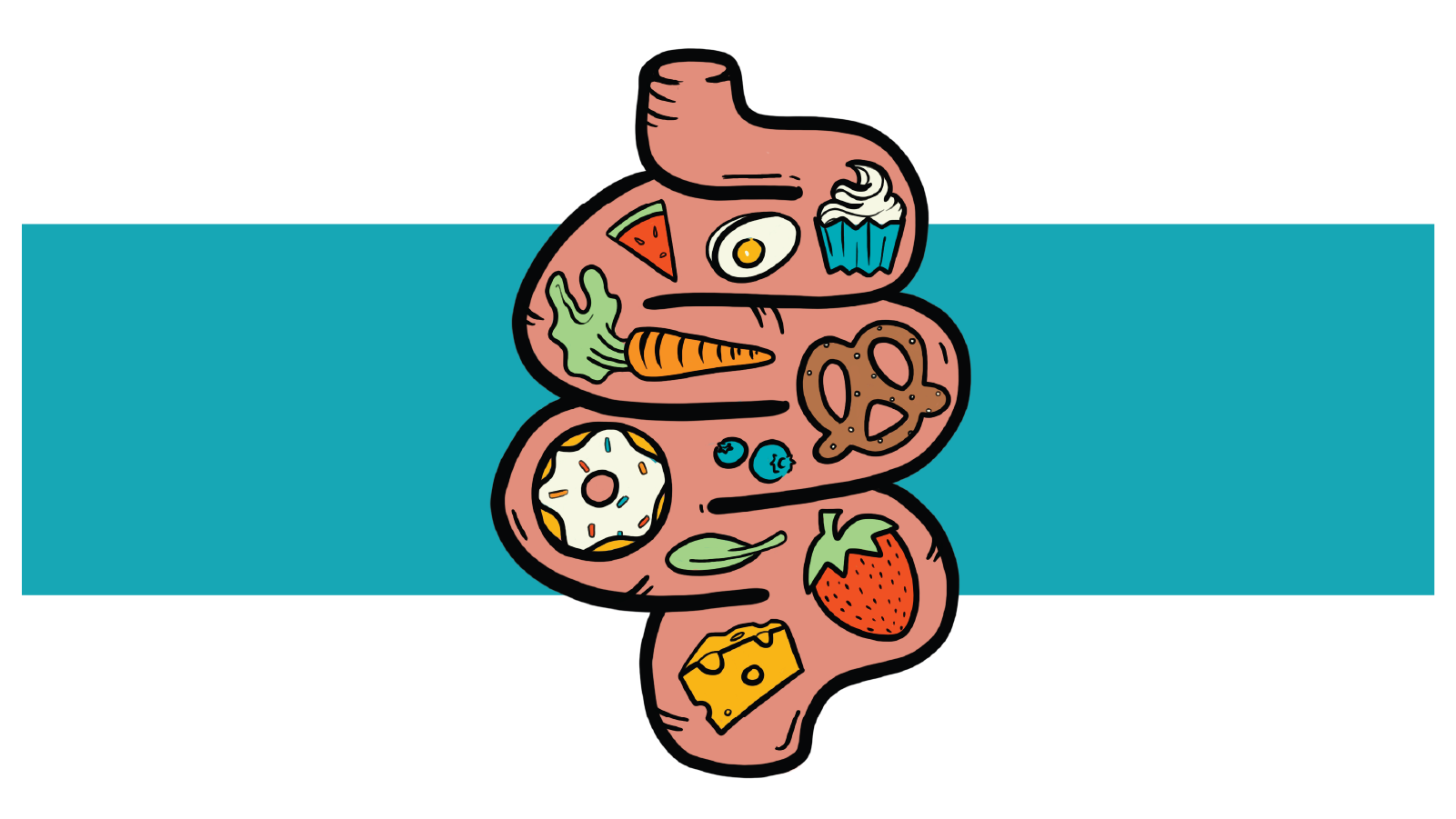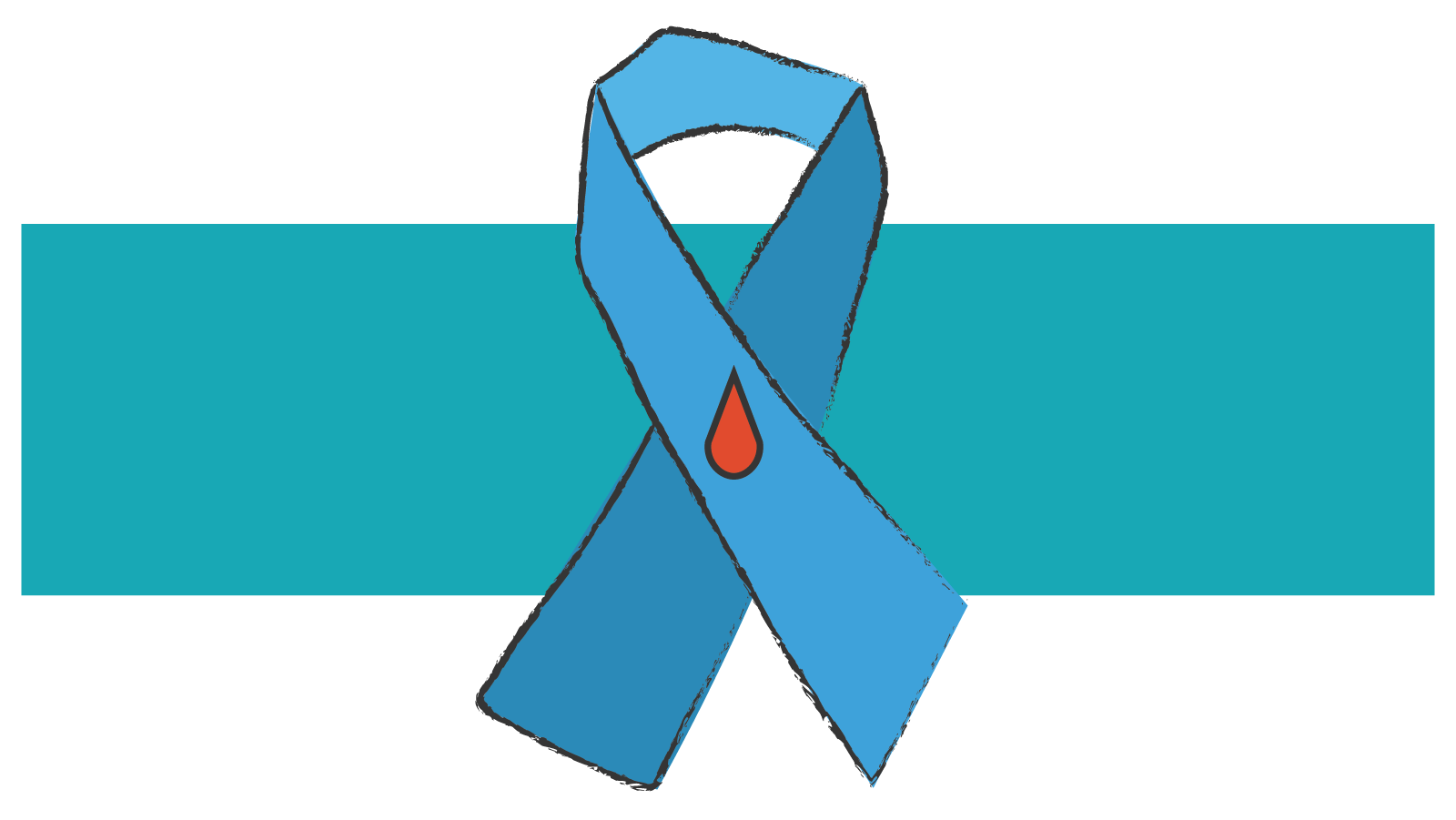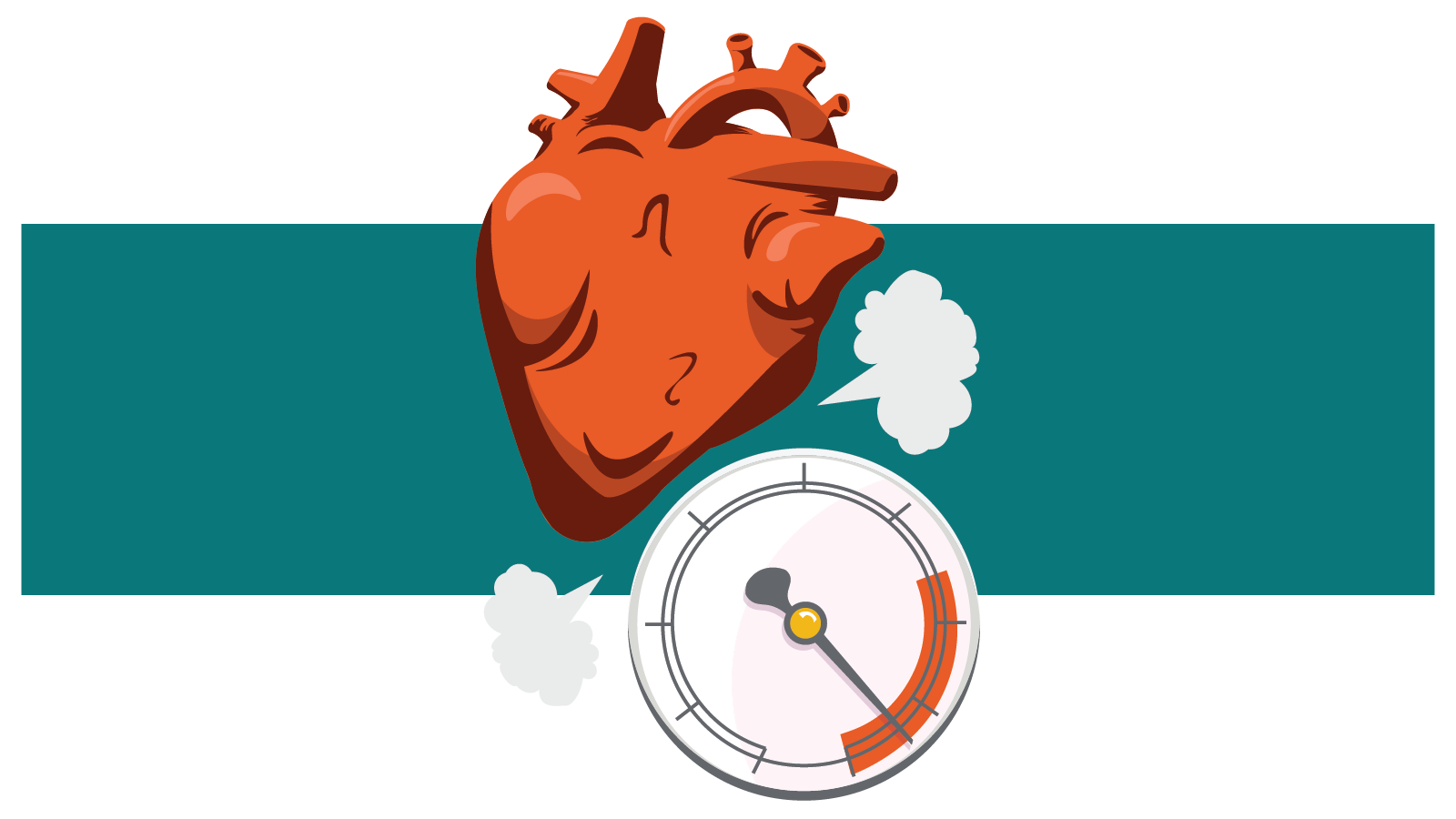Kidney Disease: Avoiding the “Silent Killer”
On paper, your kidneys look like a pair of chummy red beans. (Yes, mammalian kidneys are the namesake of the heart-healthy kidney bean.) No offense...

Life requires nourishment—nutrients from the food you eat and the liquids you drink. Nutrients include carbohydrates, proteins, fats, vitamins, minerals, and water. Nutrients are natural chemical substances that all living organisms—massive to micro—must absorb to survive, grow, and reproduce.
This nourishment process is your digestive system’s primary function. Your digestive system is made up of the gastrointestinal (GI) tract, liver, pancreas, and gallbladder; these organs work together to break food down into absorbable nutrients.
Even inside a rumbling, hungry stomach, the digestive system—your gut—is always working to harvest and absorb nutrients from what you feed it:
Inside your gut, bacteria join trillions of other microorganisms—fungi, viruses, and archaea—as part of your unique gut microbiota: a dense, infinitely diverse population of microorganisms that live in the GI tract. The gut microbiome breaks down and digests food, communicates with your immune system, and even affects behavior and emotion.
A growing body of research points to gut dysbiosis (a persistent imbalance of the gut’s microbiome) in connection with inflammatory bowel diseases (IBD), irritable bowel syndrome (IBS), diabetes, obesity, cancer, cardiovascular and central nervous system disorders.
Gut health depends on the diversity of the microbiota it's working with. Stress, diet, age, medication, and disease can severely alter gut health—but you can’t keep good bacteria down: A healthy gut replenishes healthy bacteria on its own, but with the help of prebiotic and probiotic-rich foods added to your diet, healthy gut bacteria can grow and increase over time. You may benefit by talking with your primary care provider (PCP) about the health of your one-of-a-kind gut microbiome.
In general, people who follow a more routine eating schedule, maintain a healthy diet of smaller, more frequent meals, exercise, and get a healthy amount of sleep do well in keeping their digestive system in balance. Annual or bi-annual check-ups are recommended to allow your PCP to monitor your readings, determine your risk of chronic illnesses, and prescribe treatment if needed.
Your Healthcare Highways Health Plan may cover care coordination services to help qualifying members manage symptoms and care for chronic conditions related to gastrointestinal issues.
If you are a health plan member and would like to learn more about care coordination benefits, call us! Our Customer Experience Advocates team will help you find out if you qualify for this no-cost personalized service and connect you with the care you need. Check your Healthcare Highways Health Plan ID card for your Customer Experience Advocate team's phone number, or reach out online. We'll take it from there!"

On paper, your kidneys look like a pair of chummy red beans. (Yes, mammalian kidneys are the namesake of the heart-healthy kidney bean.) No offense...

As the number of diagnosed diabetes cases reaches 37.5 million in the United States, people living with the disease are seeing hope for new and...

Hand over heart—when was the last time you checked in with your cardiovascular health? Checked your blood pressure? February is National Heart Health...